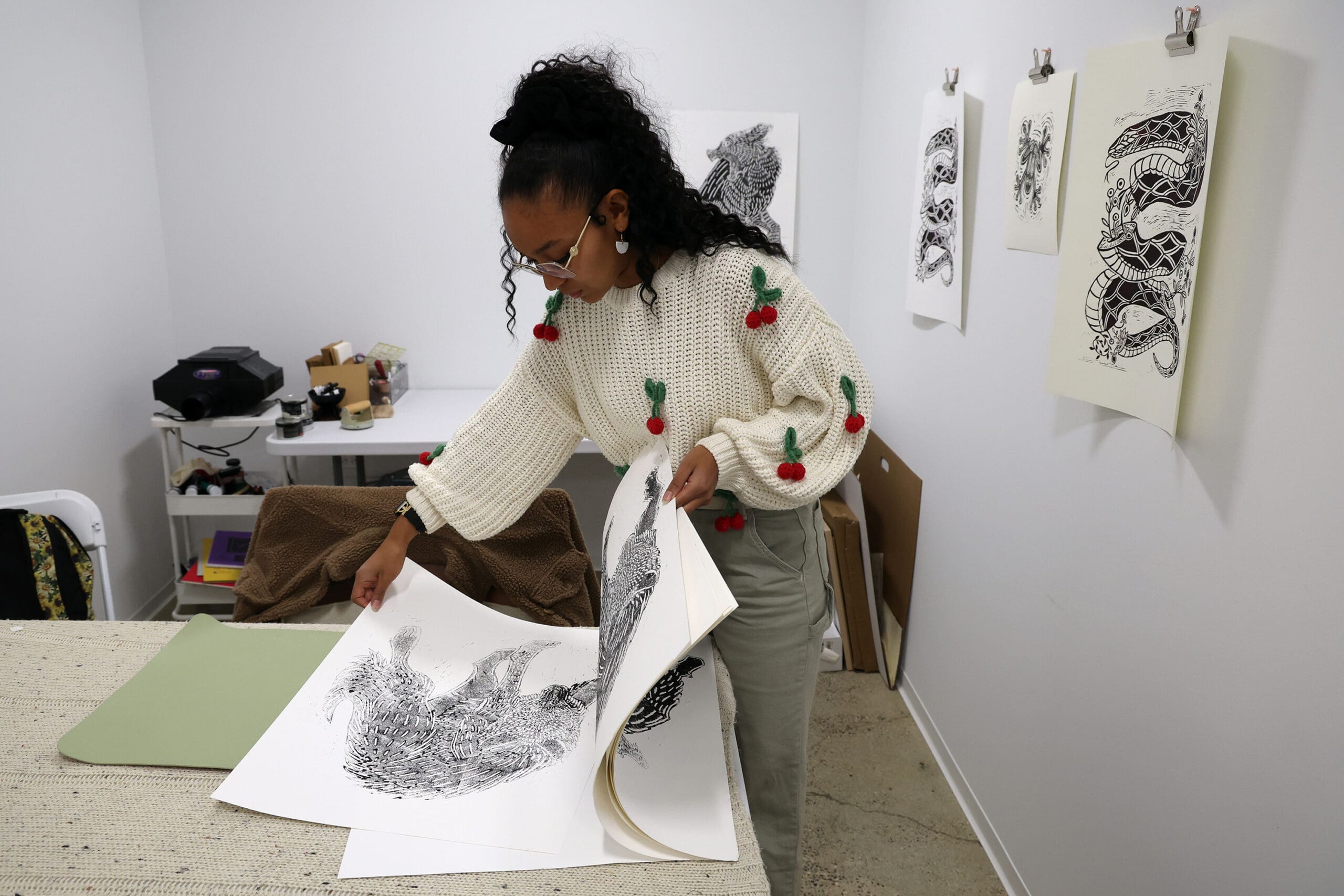NEWSTREAM — This year Johnson & Johnson announced it is committing more than $20 million to stage a multi-year campaign to attract more people to nursing in hospitals, where an acute shortage, expected to triple in coming years, raises health concerns for the vast majority of Americans.
The campaign, developed with national nursing organizations, addresses a shortage of nurses in hospitals and extended care facilities that the government estimates will increase from 126,000 today to more than 400,000 by 2020. The shortage raises concerns for the future of health care, according to 75 percent of Americans questioned in a new nationwide poll.
“Throughout Johnson & Johnson’s history as a major provider of products and services to hospitals, we have always had a special affinity for the nursing profession,” said James T. Lenehan, Vice Chairman of Johnson & Johnson. “Nursing professionals are the essential link between ‘high-tech’ and ‘high-touch’ and we are determined to help stimulate wider interest in this challenging and rewarding career field.”
“Nurses are the essence of caring and it is critical to help resolve the deepening nursing shortage in America,” Lenehan said. “Our commitment represents a top corporate priority for Johnson & Johnson. That is why we will invest at least $20 million in the next few years to help resolve the shortage.”
Called The Campaign for Nursing’s Future, the initiative includes:
* New recruitment brochures, posters and videos for 20,000 high schools and nursing schools;
* Scholarship funds for students and nursing faculty and a multi-city scholarship fundraising campaign with hospitals;
* www.discovernursing.com for comprehensive information about nursing, scholarships and links to major nursing organizations; and
* A new national advertising campaign to celebrate nurses and their contributions. The advertising begins today and also will air in prime time during the Winter Olympics.
The Campaign will expand in the future to address other areas affecting the nursing profession, including ways to retain nurses in hospitals.
The Campaign was developed after reviewing new findings from health care researchers at Vanderbilt University (Nashville, TN) that surveyed public attitudes towards both nurses and the nursing shortage. The nationwide poll, commissioned by Johnson & Johnson, was conducted with telephone interviews of 1,005 Americans 21 years of age or older by Penn, Schoen & Berland Associates, Inc. of Washington, DC.
“We found three in four Americans believe the nursing shortage is a serious health care problem, and people believe it will negatively impact the quality of care they get in the nation’s hospitals,” said Dr. Peter Buerhaus, Associate Dean of Nursing at Vanderbilt, a leading researcher on the nursing shortage.
Key findings of the poll include:
* 81% of Americans recognize that there is a nursing shortage with 65% believing the shortage is either a “major problem” or a “crisis”;
* 93% believe the nursing shortage jeopardizes the quality of health care in the U.S.;
* While 83% would encourage a loved one to pursue a career as a registered nurse, only 21 percent would consider nursing as a career for themselves;
* Only one male in 10 would consider nursing as a career.
“The biggest problem is that people are unaware of the array of opportunities and rewards in nursing today,” Dr. Buerhaus said. “They are unaware that nursing salaries are very competitive with other professions or that nursing offers career opportunities in medical research, hospital management, and family and community medicine, in addition to traditional patient care. We need to get these messages out to parents, teachers, counselors and, above all students at all levels.”
Mary Foley, president of the American Nurses Association and an advisor to the Johnson & Johnson Campaign, said, “Nurses are the face, the hands and the heart of health care. Without them, the nation’s health care suffers. I’ve been a nurse for many years and this Campaign inspires me. I believe it will help attract the talent we need to revitalize the profession for the years ahead.”
Gary Mecklenberg, president of the American Hospital Association, said, “Our nation’s hospitals will be facing extreme shortages of intensive care, emergency room and operating room nurses for the foreseeable future. This Campaign will help us close the nursing gap so we will be prepared, as the population ages, to treat the large number of patients we expect in the future.”
Printed in Volume 1 Issue 8



